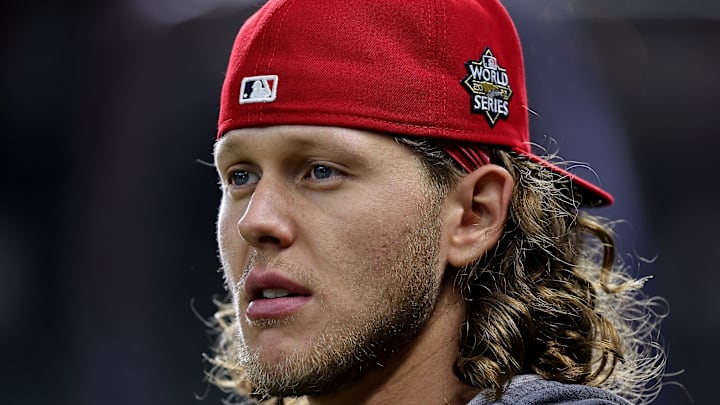Alec Bohm's steady contact displays similarities to Phillies legend Chase Utley.
The Phillies were a force during the end of the 2000s and into the early 2010s, making the postseason in every season from 2007 to 2011. These runs gave the Phillies two National League pennants and the 2008 World Series title.
One of the most talented contributors on those Phillies teams was second baseman Chase Utley. Utley was with the Phillies from the beginning of his career in 2003 until a 2015 midseason trade sent him to the Los Angeles Dodgers.
Through Utley's first three seasons from 2003 to 2005, he had a .276 batting average in 284 games. Coincidentally, Bohm's batting average of .277 through his first three seasons is just a tick better.
The infielders also got on base at a similar percentage through three seasons. Bohm had OBP marks of .400, .305, and .315 in his first three seasons, while Utley had an OBP of .322, .308, and .376.
However, where Bohm and Utley differ is in the home run category. Bohm hit 11 home runs in 159 games in 2020 and 2021, while Utley hit 15 home runs in 136 games in 2003 and 2004. Year three, however, is once again where Bohm goes from being slightly outmatched to being blown out of the water.
Bohm may have hit 10 home runs under Rob Thomson in 2022, but he still only had 13 homers in 152 games overall during the 2022 season. Utley was able to go yard 28 times while playing in 147 games in the 2005 season.
Bohm still has work to do in developing the power aspect of his game. Having a contact hitter among sluggers such as Kyle Schwarber, Rhys Hoskins, and two-time MVP Bryce Harper may not be a bad thing, but seeing Bohm hit more home runs would see him begin to reach an All-Star level of play.
So far, Bohm's career closely mirrors a newer addition to the Phillies lineup — a player who proves he can contribute and find success both individually and as a team without ever hitting 30 home runs in a season.
